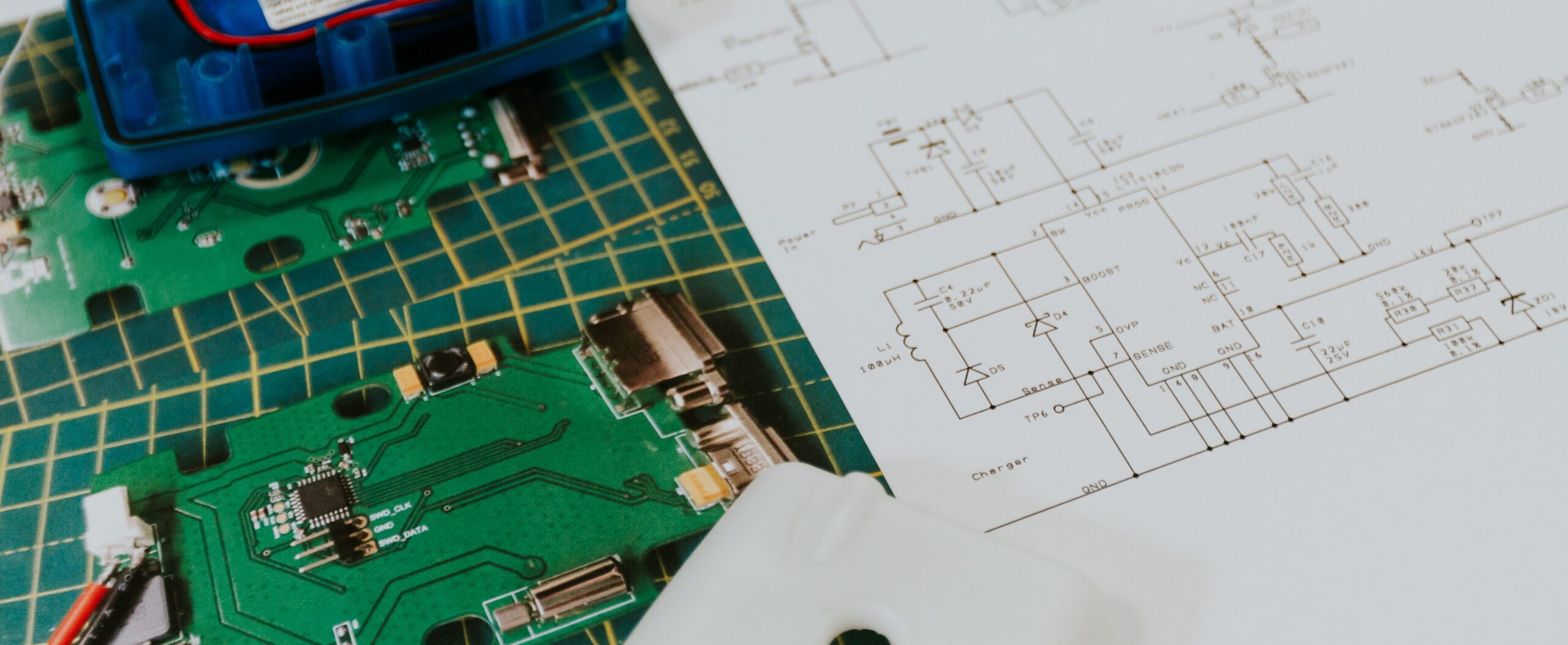Cheaper
1. Official fees at the UKIPO are a fraction of the cost of fees at the EPO. In fact, the total cost of official fees payable to the UKIPO over the first 10 years of a GB patent’s life is less than the initial fees payable to the EPO on filing.
2. Renewal fees are due after grant of a GB patent, whereas EPO renewal fees are due after two years from filing. This means that filing divisional applications is also far cheaper because (unlike the EPO) there are no back-renewal fees due.
3. The UKIPO allows 25 claims without any excess claims fees, with a small fee per claim over 25. By contrast, the EPO charges a hefty fee almost ten times higher than the UKIPO for each claim over 15. And higher still for each claim over 50.
Faster
4. Examination at the UKIPO is often faster than at the EPO. This is because a GB application has a ‘compliance’ period to put it in order for grant. So once examination begins at the UKIPO (and there are options to accelerate the onset of examination) there is a limited timeframe for the UKIPO to grant or refuse a GB application. By contrast, examination at the EPO is open-ended. There’s no upper compliance limit and typically involves a greater number of steps in prosecution.
Easier
5. For PCT applications, there are likely to be fewer surprises in the UK national phase. For example, if a positive opinion was issued by the International Search Authority (ISA) it’s likely to be honoured by the UKIPO. This is because the UKIPO generally uses the International Search Report (ISR) in the UK national phase, regardless of who the ISA was. By contrast, if the EPO did not produce the ISR itself, it will carry out its own ‘supplementary’ search during the European regional phase. Often by citing new prior art and raising new/different objections to patentability.
6. Added matter requirements are less strict and more flexible at the UKIPO. The EPO’s strict rules on amendments and added matter can be frustrating for many non-European attorneys. By contrast, the UKIPO generally takes a more relaxed approach to added matter which is more akin to the US style. Certain amendments not permitted at the EPO may be acceptable at the UKIPO. In some cases this can lead to granted claims of different and/or a broader scope than would be possible at the EPO.
7. Inventive step level is lower at the UKIPO. The EPO adopts a problem-solution approach where there is significant emphasis on the problem to be solved, as derived from the ‘technical effect’ of the distinguishing claim features. By contrast, the approach in the UK is less formulaic. They place more emphasis on the inventive concept of the claim as a whole which generally gives you more chance of demonstrating an inventive step.
8. Computer-Implemented Inventions (CII) can have a better chance of gaining allowance at the UKIPO. Patents can only be granted for inventions with technical character. If a claim contains a mixture of technical and non-technical features, the EPO will not raise an excluded subject matter objection and will ignore the non-technical claim features when assessing inventive step. As such, CII’s at the EPO are often deemed not to be inventive. By contrast, the UKIPO assesses the technical contribution of the claim as a whole when deciding if it is excluded from patentability. If the claim provides a technical contribution it is not excluded and all the features of the claim will be considered for inventive step. This perhaps increases the likelihood of allowance.
Considerations for double patenting
If the parallel GB application grants first and the EP application grants later for the same invention, the UKIPO will take steps to revoke the GB patent. Avoid this by withdrawing the GB designation of the EP application before it grants or amending the GB patent. In the UK the ‘same invention’ is assessed based the ‘substance’ of a claim. Therefore if the wording of a granted GB claim is different to that in the EP application or patent, and you can show that this makes a material difference to the scope, then there is no double patenting and you can have two GB patents.
Will Brexit impact my EP application?
The UK is a contracting state to the European Patent Convention (EPC). This will not change with Brexit. Applicants will continue to have access to patent protection in the UK via a granted EP application.
For an informal chat or for help in your patent application, please contact us and we’ll introduce you to a patent attorney.





